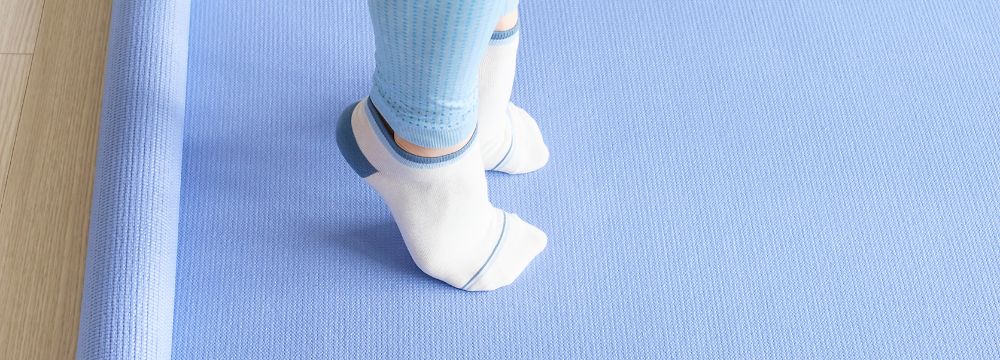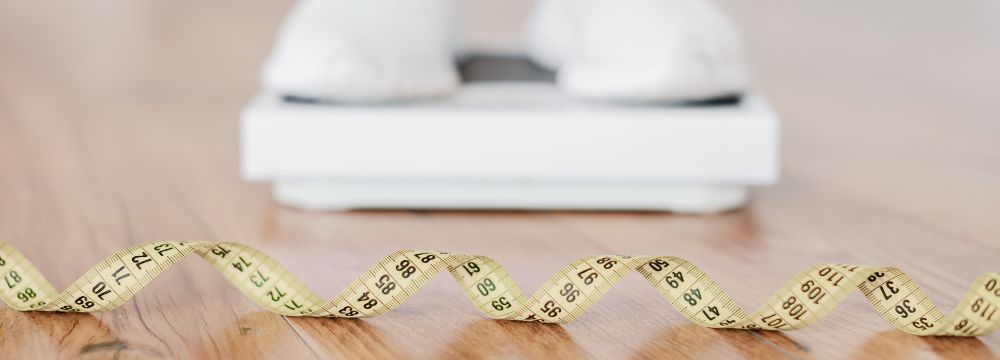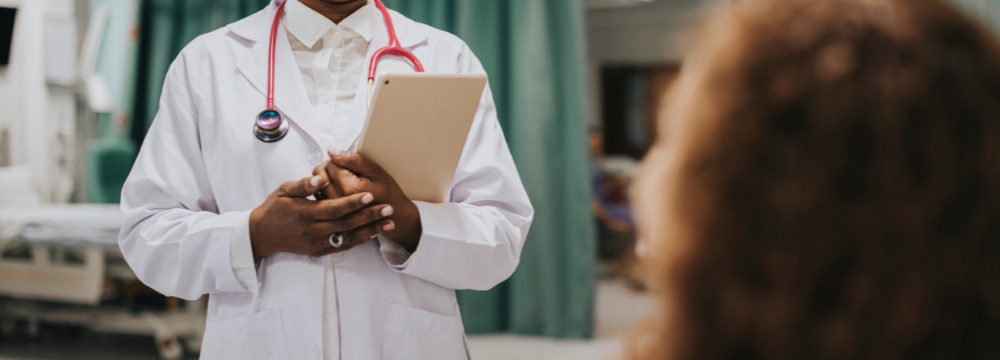
If you think that consuming a small fraction of the calories you were vs before surgery may lead to nutritional deficiencies, you may be right. And this is something that we monitor very carefully after bariatric surgery. Our bodies absorb nutrients through food and drink, but if our stomachs are too small to receive enough food to fulfill these needs, we may need supplementation.
There are a few major vitamins and minerals the most bariatric patients will require for the rest of their lives. For the most part a quality, once-daily multivitamin is sufficient to meet those needs. However, earlier on in the recovery process, patients will have to be mindful of some other nutritional needs as well.
- Protein – patients need at least 60 and up to 80g of protein a day. This will be very difficult to consume with food and drink only, so you and your dietitian will discuss proteins shakes and protein dense foods to make sure that you receive the appropriate amount. Proteins are helpful in building muscle and in speeding recovery after surgery.
- Vitamin D is critical to bone health and works hand-in-hand with calcium to ensure bones remain healthy and strong. Most of us do not get enough outside time to absorb the vitamin D we need from the sun. Further, while fortified foods like cereals and milk have added vitamin D, they tend not to have enough to overcome a deficiency. As a result, a significant portion of the American population is deficient in vitamin D. Vitamin D3 supplementation with the advice of your doctor is supremely helpful for general bone health, the immune system and even your mood.
- Other common supplements needed after weight loss surgery include calcium for stronger bones, iron to ward off anemia, and vitamin B12 for nerve and blood cell health.
It’s important to note that gastric bypass and duodenal switch patients will require a greater supplementation than gastric sleeve patients. This is due to the malabsorptive nature of the procedure, where fewer nutrients are absorbed through the sensitive lining of the small intestine.
Of course, we don’t suggest that you start on a new vitamin regimen without speaking to your surgeon. What vitamins you need, and the dosages, depend largely on blood tests that will be performed at various intervals throughout the post-operative process. Rest assured that if you develop a vitamin or mineral deficiency, it will be found during one of your scheduled postop visits.
Ensuring proper vitamin and mineral levels is a great illustration of why it is important to follow the postop guidelines, especially postop visits, even if you are feeling great, losing weight and changing your life for the better. If you haven’t yet done so, contact our office to make sure you have your postop visits scheduled out.









